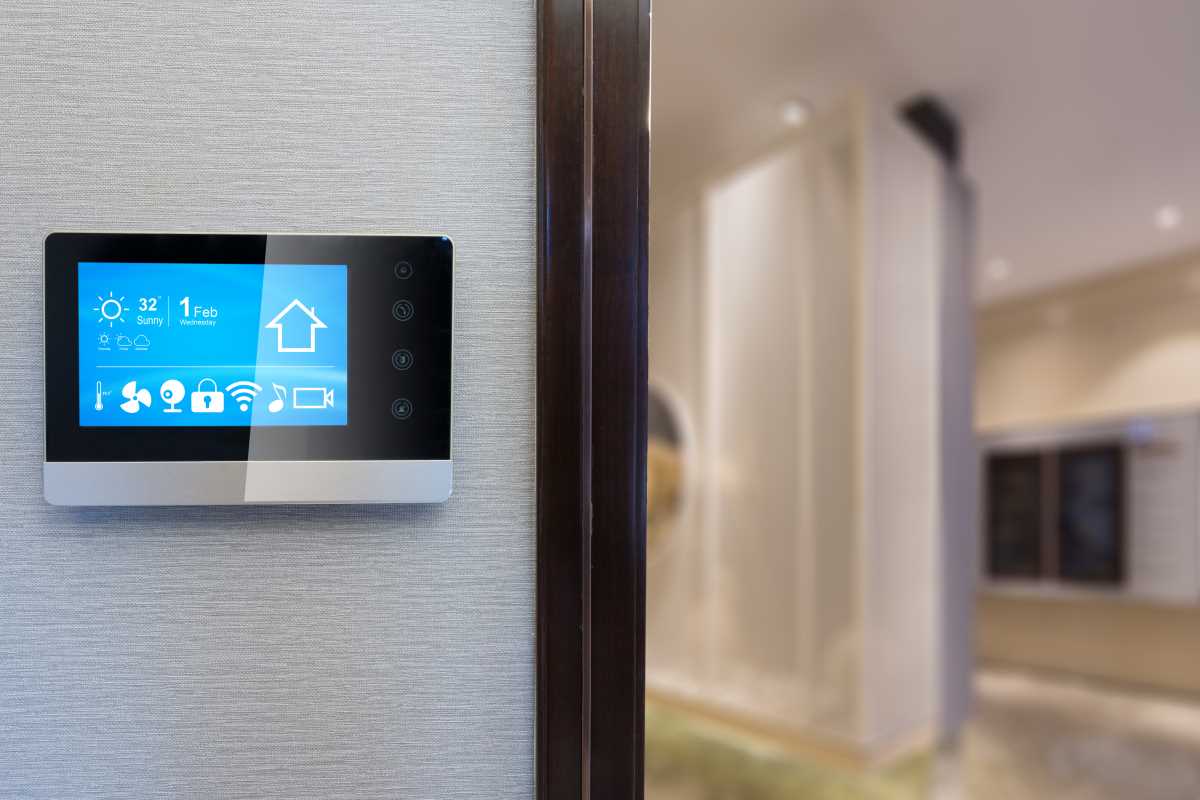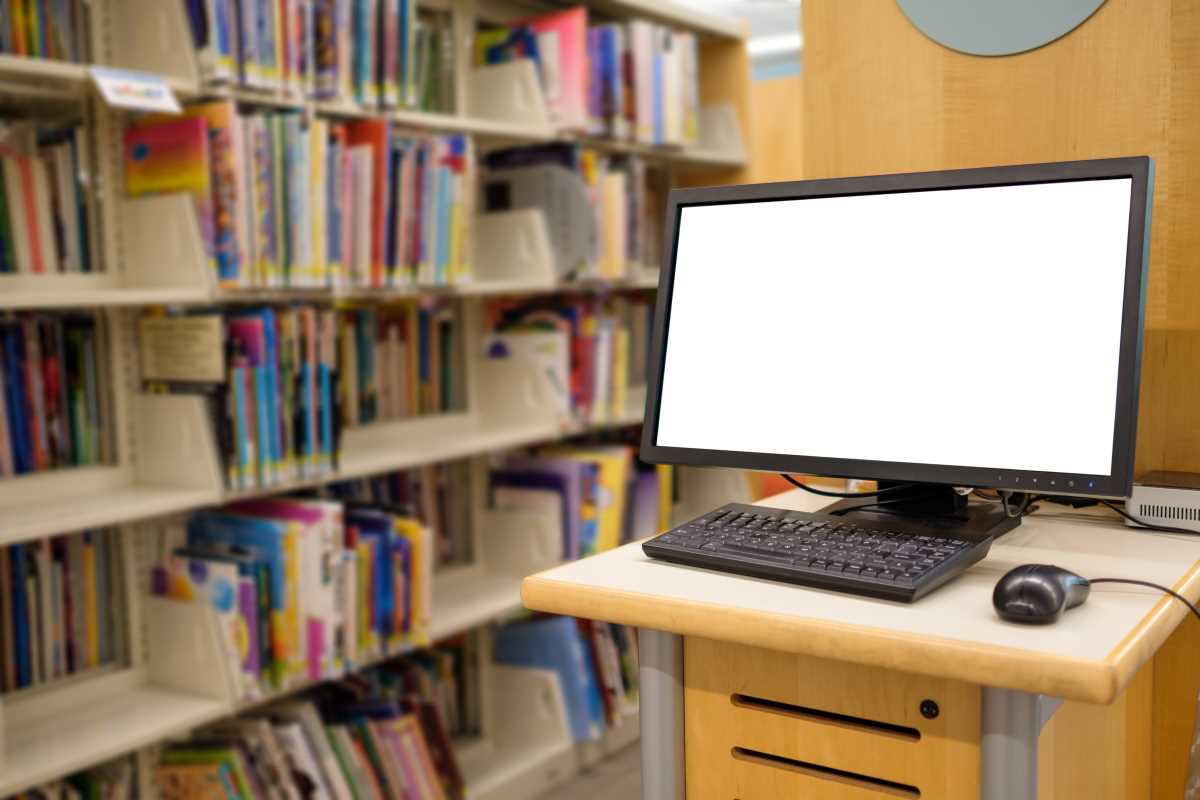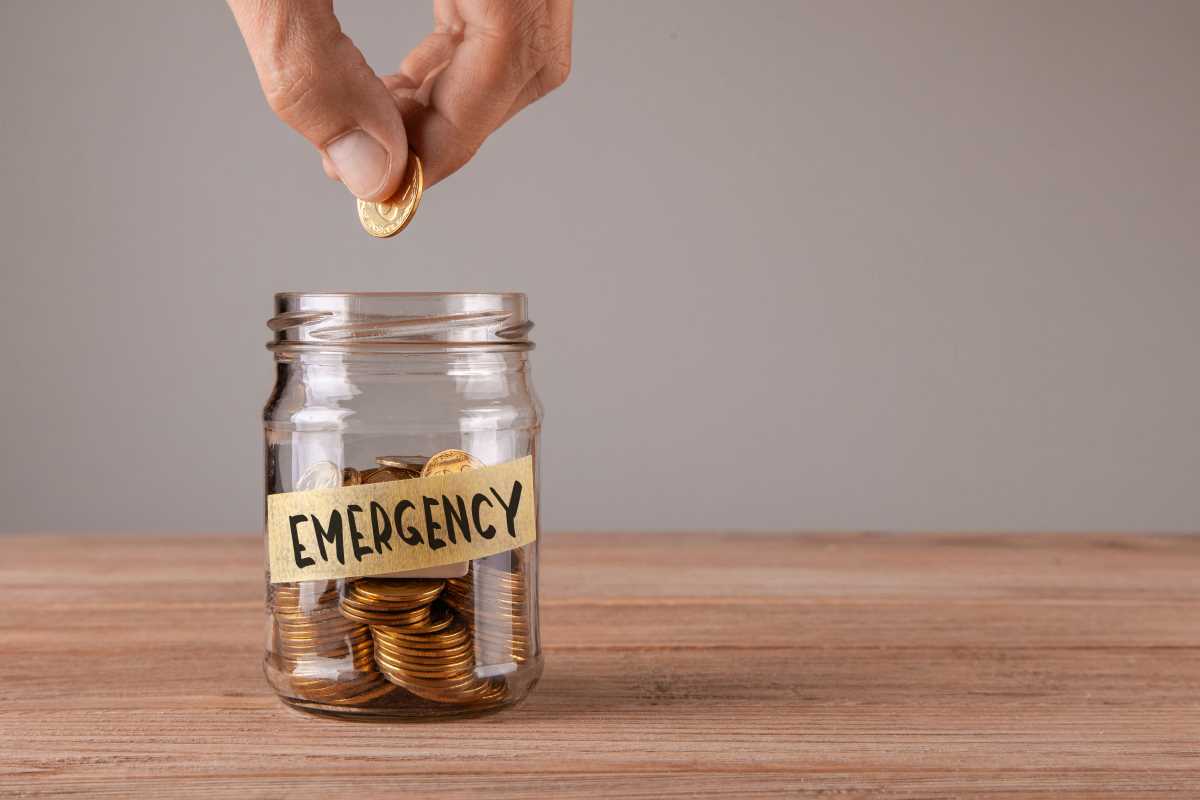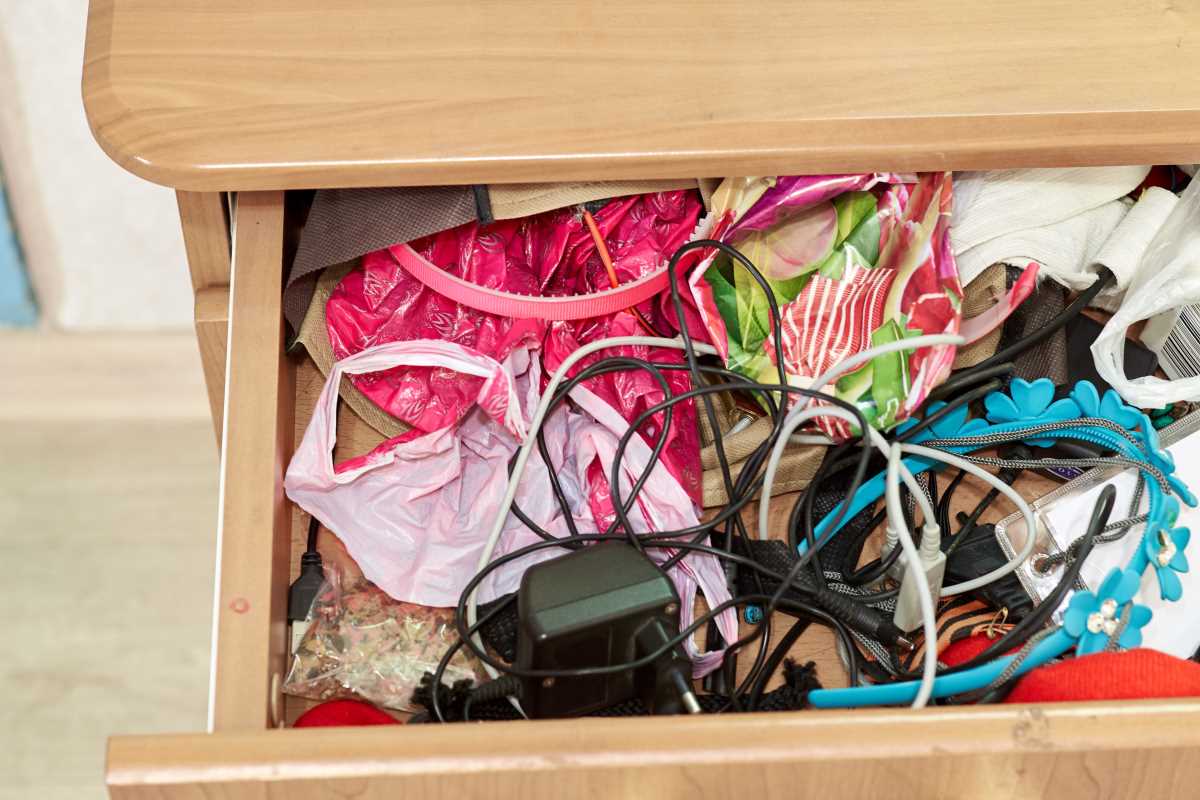Many people worry that improving their lifestyle means higher costs and more spending. But what if some of these upgrades actually saved you money in the long run? The key is to shift your focus from immediate expenses to long-term value. By making thoughtful, strategic changes to your daily routine, you can significantly improve your finances without sacrificing your quality of life. These aren't about deprivation or cutting back; they're about smart decision-making that leads to lasting benefits. This guide will help you discover practical upgrades – from energy-efficient choices to strategic investments in personal well-being – that pay off over time, helping you build a stronger financial foundation and enjoy a richer life.
Make Your Home More Efficient
For most people, housing is their biggest monthly cost, especially with regular payments for electricity, gas, and other utilities. Upgrading your home’s efficiency leads to ongoing reductions that add up each year. Aside from helping you cut back on consumption, these changes also benefit the environment.
Simple Tech for Everyday Savings
A few adjustments around the house can lead to surprising reductions in your regular bills. Small tweaks not only save money but are also easy to put in place.
- Try a Smart Thermostat: This device automatically manages your indoor temperature by learning your habits. Lowering energy use when you’re away or asleep makes it easy to stay comfortable and cuts back on unnecessary heating or cooling. These thermostats often trim energy costs by up to 15% annually, creating instant relief for your budget.
- Switch Out Bulbs: Swapping to LEDs is quick and long-lasting. These bulbs need much less energy to run and last a lot longer than older incandescent versions. Over their lifetime, you’ll purchase fewer bulbs and see lower electric bills, making your investment worthwhile.
Address Drafts and Insulation
Much of a house’s climate control is lost through small gaps or areas without enough insulation. Filling in cracks or adding extra insulation isn’t a huge job, but it can have a big effect. A well-sealed home stays more comfortable without overworking your heating and cooling system.
Think Quality, Not Quantity
Choosing well-made items instead of cheap alternatives often means things last much longer. Though the upfront price may be higher, investing in durability prevents you from replacing broken things often.
Build a Lasting Wardrobe
Instead of chasing every trend, focus on thoughtfully chosen pieces that can be used season after season. In the long run, you buy fewer items and avoid the waste of disposable fashion.
- Opt for Versatile Essentials: Timeless jackets, sturdy footwear, and classic jeans might require a bit more money at first, but they typically withstand frequent use and outlast fast-fashion finds.
- Take Care and Repair: Learning to care for your clothe (gentle washing, fixing buttons, or repairing small tears) extends their life and keeps you from shopping again so soon.
Choose Reliable Furniture and Appliances
When it’s time for new furniture or a big appliance, quality pays off. A solid wood table or dependable fridge outlasts cheaper styles and usually has fewer breakdowns. Research brands known for standing up to daily use. A little effort before you buy can save headaches and extra costs later.
Embrace Home Cooking
Buying takeout or grabbing dinners to-go fast becomes pricey. By preparing meals at home, you’ll see more money left over and get better control of your nutrition.
Plan Ahead for Success
Thinking through meals for the week is one of the simplest ways to stick to your budget and reduce food waste.
- Make a Weekly Food Plan: Setting your menu in advance offers clarity each night and helps avoid last-minute spending.
- Create a Shopping List: Bringing a list to the store keeps you on track, stops you from grabbing extras, and ensures you use everything you buy.
Prepare in Batches
Spending a few hours prepping essentials or doubling recipes saves time later. Store extra meals in the freezer for days you’re too busy to cook from scratch. Your future self will thank you for these back-up options.
Rethink Transportation Expenses
How you get from place to place can take up a large share of your annual costs. By reexamining your habits, you might find several ways to cut back and free up funds for other priorities.
Try a One-Car Lifestyle
Dropping down to a single family vehicle often results in big monthly and yearly savings. There’s less to pay for—insurance, maintenance, fuel, taxes, and more. Moving to one car calls for a bit more planning, but public transit and occasional rideshare options can help fill the gap.
Get Moving with Bikes or Walking
Short trips can often be made on foot or by bike. Not only will you save on gas, but you’ll also enjoy the extra exercise and fresh air. These alternative ways to get around benefit your health, make trips more enjoyable, and help keep future healthcare costs lower.
Improving your day-to-day life can go hand-in-hand with stronger finances. Efficiency at home, buying for longevity, cooking instead of dining out, and fresh ideas about getting around all combine to stretch your budget and improve daily living. Small, deliberate changes add up over time. Pick one new step and watch the difference grow. Each upgrade is an investment in both your comfort and your future.
 (Image via
(Image via





